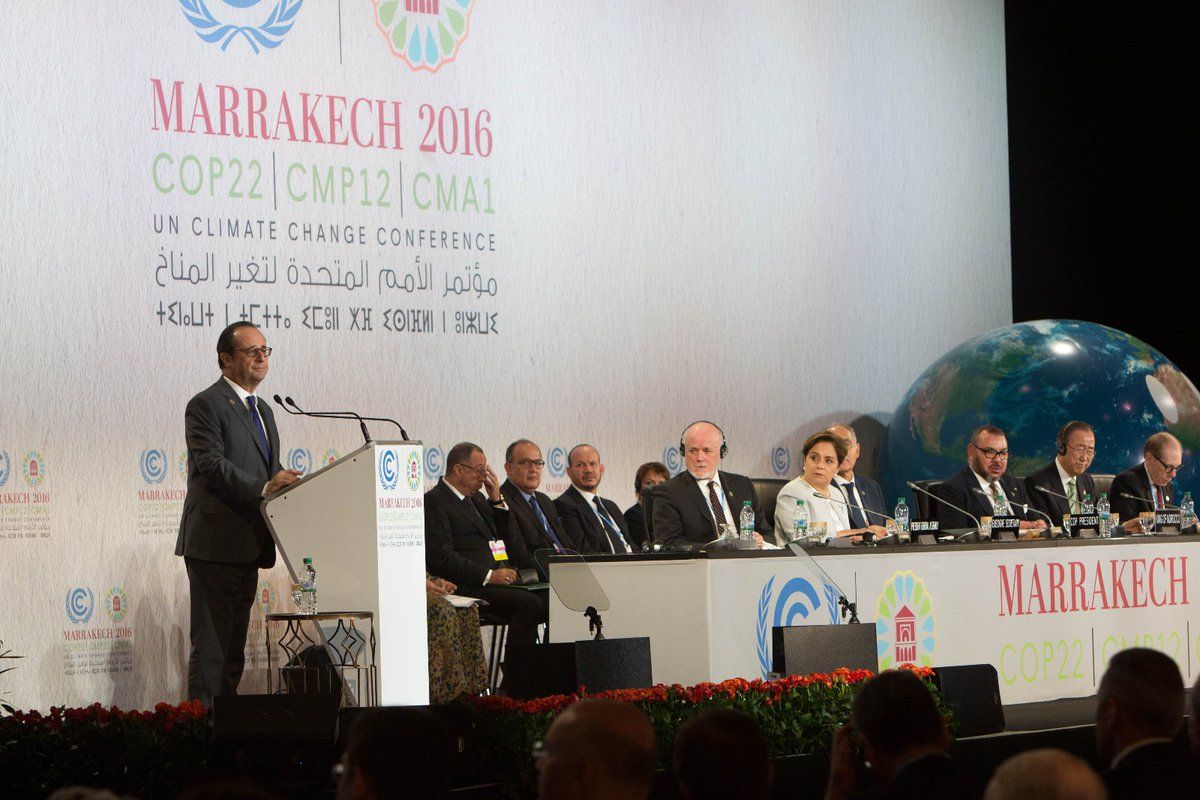As part of the ongoing COP22 summit in Marrakesh, Morocco, the Danish government has agreed to set aside 11 million kroner to help developing nations implement the use of more climate-friendly technology.
The foreign minister, Kristian Jensen, contended that spreading green tech and climate-friendly solutions to developing nations was critical in reaching the goals of the COP21 climate agreement signed in Paris last year.
“Many developing nations possess the political will, but lack the technology to do something about climate change,” said Jensen.
“So it is essential that we help these countries with specific expert council – in terms of adapting to climate change and helping developing nations ensure low CO2 emissions.”
READ MORE: Denmark to ratify COP21 agreement
UN-led projects
The Danish support will be funnelled through the international consortium, Climate Technology Centre and Network, which is led by the two UN organisations UNIDO (United Nations Industrial Development Organization) and UNEP (United Nations Environment Programme), both headquartered in the UN City in Copenhagen.
Climate Technology Centre and Network is expected to provide counsel for 70-100 initiatives in developing nations this year – more than twice as many as the year before.
For instance, one of the projects involves the Colombian government receiving assistance to develop a monitoring system that measures the nation’s green-transition efforts.















